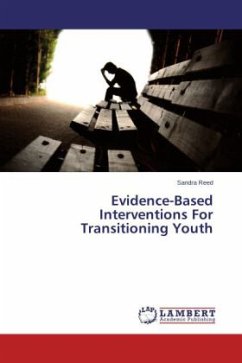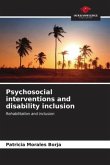It is extremely important for this book to analyze and expound on the mental health of children currently in foster care, as well as youth who are transitioning from it. Early interventions should be implemented during the initial stages of foster care so that children will be better equipped and prepared to live independently. Emancipated youth represent an important subgroup of the out of home care population, many of which are suffering with undiagnosed mental disorders. (The National Survey of Child and Adolescent Well Being, 1997 2013). The purpose of this book is to provide understanding of the risk factors associated with foster children, including social, emotional, and psychological factors, as well as research based best practice interventions that are essential for the well being of a child. It is imperative that the child welfare system (CWS) investigate the types of federal and state social welfare policies that best support evidence-based practices in regards to youth in foster care. Working across disciplines is critical in promoting children s well being. It is crucial for every caregiver to put all conceivable efforts in providing best practice interventions.
Bitte wählen Sie Ihr Anliegen aus.
Rechnungen
Retourenschein anfordern
Bestellstatus
Storno








